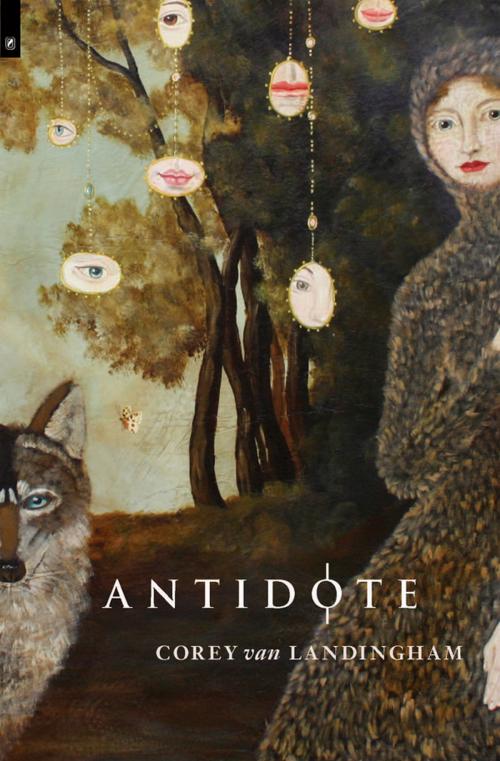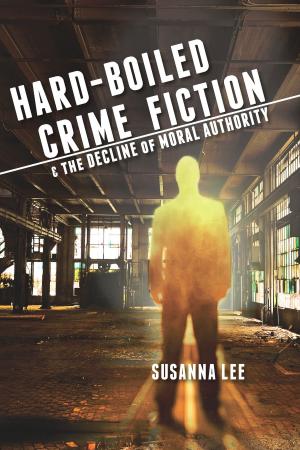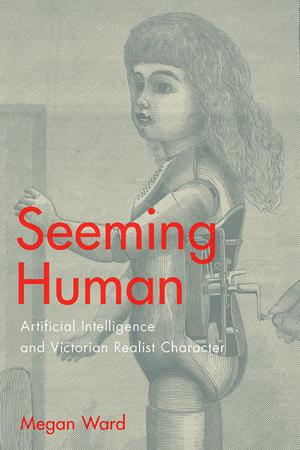| Author: | Corey Van Landingham | ISBN: | 9780814293430 |
| Publisher: | Ohio State University Press | Publication: | July 13, 2016 |
| Imprint: | Ohio State University Press | Language: | English |
| Author: | Corey Van Landingham |
| ISBN: | 9780814293430 |
| Publisher: | Ohio State University Press |
| Publication: | July 13, 2016 |
| Imprint: | Ohio State University Press |
| Language: | English |
In Corey Van Landingham’s Antidote, love equates with disease, valediction is a contact sport, the moon is a lunatic, and someone is always watching. Here the uncanny coexists with the personal, so that each poem undergoes making and unmaking, is birthed and bound in an acute strangeness. Elegy is made new by a speaker both heartbreaking and transgressive. Van Landingham reveals the instability of self and perception in states of grief; she is not afraid to tip the world upside down and shake it out, gather the lint and change from its pockets and say, “I can make something with this.”
Wild and surreal, driven by loss, Antidote invites both the beautiful and the brutal into its arms, allowing for shocking declarations about love: that it is like hibernation, a car crash, or a parasite. Time, geography, and landscape are called into question as backdrops for various forms of valediction. It soon becomes clear that there is no antidote one can take for grief or heartbreak; that love can, at times, feel like violence; and that one may never get better at saying goodbye.
In Corey Van Landingham’s Antidote, love equates with disease, valediction is a contact sport, the moon is a lunatic, and someone is always watching. Here the uncanny coexists with the personal, so that each poem undergoes making and unmaking, is birthed and bound in an acute strangeness. Elegy is made new by a speaker both heartbreaking and transgressive. Van Landingham reveals the instability of self and perception in states of grief; she is not afraid to tip the world upside down and shake it out, gather the lint and change from its pockets and say, “I can make something with this.”
Wild and surreal, driven by loss, Antidote invites both the beautiful and the brutal into its arms, allowing for shocking declarations about love: that it is like hibernation, a car crash, or a parasite. Time, geography, and landscape are called into question as backdrops for various forms of valediction. It soon becomes clear that there is no antidote one can take for grief or heartbreak; that love can, at times, feel like violence; and that one may never get better at saying goodbye.















